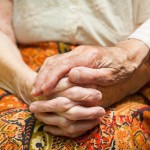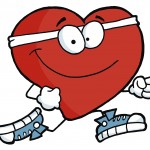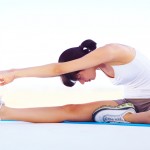
This blog entry is the second in a series which is examining the mental health benefits of yoga. Last month I blogged about yoga for psychiatric disorders, and today I shall be looking specifically at the benefits for schizophrenia. The benefits of exercise and physical activity for schizophrenia are increasingly being recognised. Regular exercise can [read the full story…]










